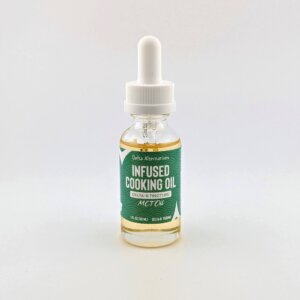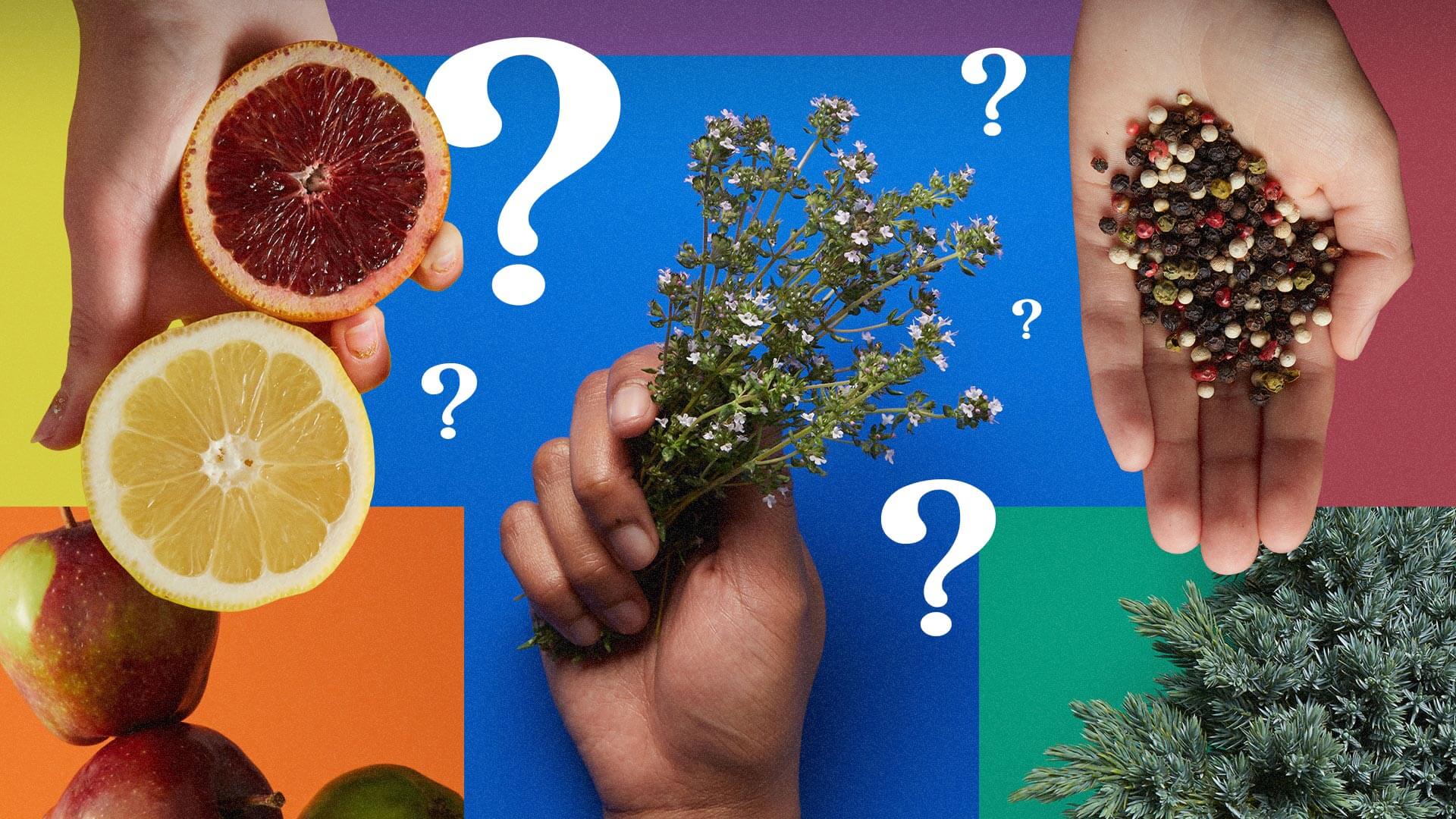We deliver to you every day from 8:00 to 20:00
- 2023
- 利用するACCESS-DEF 日本語試験情報 - CyberArk Defender Accessについて心配はいりません 🐛 「 ACCESS-DEF 」を無料でダウンロード⮆ www.goshiken.com ⮄で検索するだけACCESS-DEF勉強時間
- C_TS4FI_2020試験の準備方法|権威のあるC_TS4FI_2020 最新知識試験|信頼的なSAP Certified Application Associate - SAP S/4HANA for Financial Accounting Associates (SAP S/4HANA 2020) テスト内容 🚐 ウェブサイト“ www.goshiken.com ”を開き、「 C_TS4FI_2020 」を検索して無料でダウンロードしてくださいC_TS4FI_2020日本語練習問題
- gumm
- tinct
- cart
- tincture
The best discounts this week
Every week you can find the best discounts here.
Grape Pie – THCa Rosin [1g]
Infused Cooking Olive Oil HHC Tincture [1500mg]
Peppermint Olive Oil HHC Tincture [1500mg]
Strawberry MCT HHC Tincture [1500mg]
Strawberry MCT HHC Tincture [1500mg]
Infused Cooking MCT Oil Delta-8 Tincture [1500mg]
Infused Cooking Olive Oil Delta-8 Tincture [1500mg]
Strawberry MCT Delta-8 Tincture [1500mg]
Cannabis is a complex plant with over 100 different cannabinoids, including the well-known psychoactive compound THC. However, the effects of cannabis go beyond just THC, and terpenes, the aromatic compounds that give cannabis its distinct flavors and aromas, are increasingly being recognized for their potential role in enhancing or reducing the effects of THC. In this article, we will explore the current scientific evidence on whether terpenes can increase the high experienced from cannabis, And also explain how they interact with other compounds in the plant.
Do Terpenes Increase High?
The relationship between terpenes and getting high is complex and not yet fully understood. While terpenes themselves are not psychoactive, they can interact with other compounds in cannabis, such as THC, to enhance or modulate their effects. This interaction is known as the entourage effect. Different terpenes can produce different effects on the body, including enhancing the psychoactive effects of THC, providing a more balanced high, or even reducing anxiety and paranoia.
The most effective terpenes for increasing the psychoactive effects of THC are typically those with a high affinity for the CB1 receptor in the brain, such as limonene, beta-caryophyllene, and myrcene. However, the effects of terpenes on the high can vary depending on the individual, the strain of cannabis, and the specific terpenes present.
What Are Terpenes & How Do They Work?
Terpenes are a diverse group of organic compounds that are naturally occurring in a variety of plants, including fruits, vegetables, and cannabis. They are responsible for giving plants their unique flavors and aromas and can have a variety of therapeutic properties. In cannabis, terpenes can interact with other compounds such as cannabinoids, to produce a range of effects on the body.
In addition to their role in providing flavor and aroma in plants, terpenes can also have a range of other functions. They can act as natural insect repellents, protecting the plant from pests and predators. Some terpenes also have anti-microbial properties, making them useful for preserving food and as natural disinfectants.
Are Terpenes Present In Cannabinoid Products?
Yes, terpenes are often present in cannabinoid products, such as cannabis flowers, concentrates, and edibles. These products may contain a variety of different terpenes, each with its own unique flavor and aroma profiles, as well as potential therapeutic properties.
Many manufacturers of cannabis products will often highlight the terpene profile of their product, as it can play an important role in the overall effects of the product. Terpenes can interact with other compounds in cannabis, such as cannabinoids, to produce a range of effects, including anti-inflammatory, analgesic, and sedative effects. The specific terpenes present in a product can also help users distinguish between different strains and their effects.
How Do Terpenes Interact With Different Cannabinoids?
Terpenes can interact with different cannabinoids in a variety of ways. One of the key interactions is known as the entourage effect, where terpenes can modulate the effects of other compounds, such as THC and CBD. Terpenes can bind to receptors in the body’s endocannabinoid system, such as CB1 and CB2 receptors, and enhance or reduce the effects of other compounds.

For example, terpene myrcene has been shown to enhance the psychoactive effects of THC by increasing its ability to cross the blood-brain barrier. On the other hand, terpene limonene has been shown to reduce anxiety and paranoia caused by THC. The specific effects of terpenes on cannabinoids can vary depending on the specific terpene and the concentration present in the product.
Frequently Asked Questions
- Which Terpene In Cannabis Has A Spicy Flavor And Aroma?
The terpene in cannabis that is often associated with a spicy flavor and aroma is beta-caryophyllene. It is commonly found in black pepper, cloves, and other spices, and is also present in many strains of cannabis. Beta-caryophyllene is believed to have anti-inflammatory and analgesic properties and has been shown to interact with the body’s endocannabinoid system. It is also a non-psychoactive compound, making it a popular choice for those seeking the therapeutic benefits of cannabis without the high.
- Are Terpenes Present In Delta 9 Distillates?
Terpenes can be present in delta 9 distillates, but it depends on the specific distillation process used. During distillation, the terpenes are typically removed from the cannabis plant material to produce a high-purity delta 9 THC concentrate. However, some manufacturers may choose to reintroduce terpenes to the distillate to enhance its flavor and aroma profile. The specific terpenes used and their concentration will vary depending on the manufacturer and the product. Some delta 9 THC distillates may also contain other beneficial compounds such as cannabinoids, which can provide additional therapeutic benefits.
- Which Terpene Is The Most Abundant In Cannabis?
The most abundant terpene in cannabis is myrcene. It is found in high concentrations in many strains of cannabis and is responsible for the plant’s musky and earthy aroma. Myrcene is also believed to have a range of therapeutic benefits, including anti-inflammatory, analgesic, and sedative effects. The presence of myrcene in a cannabis strain may also increase the permeability of the blood-brain barrier, making it easier for other compounds, such as THC, to take effect.
- Can You Add Terpenes In Cannabis Products Yourself?
Yes, it is possible to add terpenes to cannabis products yourself. You can purchase terpenes online or at a local store and add them to your cannabis products such as concentrates, oils, and flowers. However, it’s important to use caution when adding terpenes as they are highly concentrated and can affect the potency and quality of your cannabis product if not used correctly.
Conclusion: Do Terpenes Increase High?
In conclusion, while the exact effects of terpenes on cannabis highs require further study, there is growing evidence to suggest that terpenes can enhance or reduce the effects of THC in different ways. By modulating the effects of cannabinoids through their interactions with receptors in the body, terpenes may play an important role in the overall effects of cannabis. As researchers continue to explore the complex chemistry of cannabis, it is likely that we will gain a better understanding of the unique effects of terpenes and their potential therapeutic applications.
All products are Federal Farm Bill Compliant and contain less than 0.3% THC
FDA DISCLOSURE: The statements regarding these products have not been evaluated by the FDA. These products are not intended to diagnose, treat, cure or prevent any disease, consult your health physician before use. The Federal Food, Drug and Cosmetic Act requires placement of this notice.












You must be logged in to post a comment.